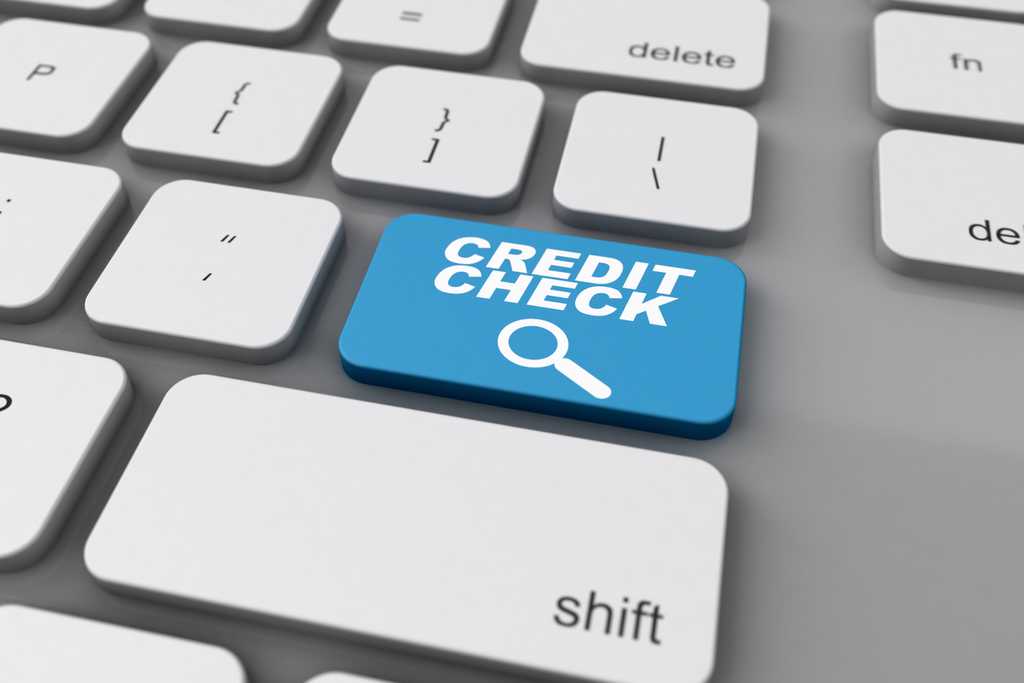When you’re trying to have excellent credit, it’s important to manage how often you give out permission for your credit to be examined, which is often called an inquiry. That’s because credit scoring formulas can interpret multiple inquiries as a sign of possible financial distress, and lower your credit score as a result.
Thankfully, only a so-called hard inquiry will hurt your score, but not what is known as a soft inquiry. Soft inquiries are inquiries into an individual’s credit report that occur without an actual application for credit, and often without any request on the part of the consumer.
How credit checks work
A credit check is when someone requests and receives an individual’s credit information. During a credit check, one party sends a request, or an “inquiry,” for information to one of the three major consumer credit bureaus: Equifax, TransUnion and Experian. In response, the credit bureau shares the requested credit report if the requesting individual or company has a legal right for it.
There are two types of credit checks: “hard” and “soft.” A hard credit check, also known as a hard inquiry or a hard credit pull, is an inquiry into an individual’s credit report for the purposes of a decision on an application for a loan or a line of credit. Meanwhile, a soft credit check, also known as a soft inquiry or soft credit pull, is an inquiry into an individual’s credit report without an actual application for credit.
Examples of soft credit checks
Soft credit checks can be initiated by a potential employer, a credit card issuer, a mortgage issuer, or the actual individual. Examples of soft inquiries could include insurance applications, employment applications, pre-approval for credit card offers, personal credit checks, or account reviews by current creditors. Another common example of a soft credit pull is when consumers choose to look at their own credit histories or credit scores. This is a wise practice as it helps you to better manage your score and detect any fraudulent activity earlier than you might have.
But often, a soft inquiry occurs without any action by the consumer. For example, a credit card issuer may wish to market its products to consumers who have a certain range of credit scores and live in a certain area. It may then contact a consumer credit bureau to purchase a list of people who meet this criteria, in order to market its products. But since these consumers haven’t applied for a loan or a line of credit, this is considered to be merely a soft inquiry.
In comparison, hard inquiries occur when a consumer has actively chosen to apply for a loan or a line of credit. A hard inquiry will result when a consumer applies for things like a home mortgage, a student loan, a credit card or an apartment rental. If unsure whether a hard or soft inquiry will be performed, ask the company you are working with directly.
Soft inquiries vs. hard inquiries
Although soft and hard credit pulls are both inquiries into an individual’s credit history, there are several key differences between the two types of credit checks.
- Soft credit checks don’t affect a credit score while hard inquiries may negatively, but temporarily have a negative impact on your credit score.
- Soft inquiries only show up on consumer disclosures (credit reports that an individual requests personally), while hard inquiries can stay on a credit report for about two years.
- Soft credit checks are requests for information or pre-approval, while hard credit checks are applications for a new loan or a line credit.
Do soft inquiries affect credit score?
Thankfully, soft inquiries don’t affect credit scores. Since soft credit checks are not attached to a specific application for a loan or a line of credit, they are not reported on an individual’s credit history. Soft inquiries are often made simply for informational purposes. Since soft inquiries are not an application for credit, they are not deemed to be an indicator of risk, and therefore do not have an impact on a credit score.
It’s important to have as high of a credit score as possible because credit scores can have an impact on your applications for credit cards, home mortgages, car loans and apartment rental applications. And even if approved for one of these applications, your credit score will be the primary factor determining the rates, fees and other terms you will qualify for.
What does a soft credit check show
A soft inquiry is primarily used to check credit for pre-approval or simply for informational purposes. A soft credit check shows the same information as a hard credit check. This information includes things like lines of credit, loans, payment history, collections accounts, tax liens, and any other public records in the name of the individual. It also includes personal information such as your name and address.
How many points does a soft inquiry affect credit score
Unlike hard inquiries, which negatively affect credit scores (albeit temporarily and minorly), soft inquiries have no effect on a credit score. Even though hard credit checks can decrease a credit score by up to five points, they should have a relatively small effect on the overall credit score. The hard credit pull’s effects on credit score will further diminish over time. Having multiple hard inquiries in a short period of time will have the most negative effect on your credit, but is still not nearly as bad as missing payments or having a large amount of debt. Just remember that soft credit checks, on the other hand, won’t cause a credit score to go up or down by a single point.
How long do soft inquiries stay on your credit report
Since soft inquiries don’t show up on a regular credit report, there’s no reason to worry about how long soft inquiries stay on a credit report. The only record of the soft inquiry may be on consumer disclosures, which are credit reports that an individual requests personally. These are not the same thing as regular credit reports.
Furthermore, an inquiry is only added to the credit report that was pulled, which may be just one of your credit reports among the three major consumer credit bureaus. Experian, Equifax, and TransUnion all have separate credit reports on most consumers, and an inquiry from a particular lender may not show up on all three reports. Even hard inquiries will only stay on a credit report for approximately two years. In comparison, bankruptcies or late payments stay on a credit report for up to seven years.
Is a soft credit check bad
A soft credit check is definitely not bad. And because most soft credit checks occur without any action on the part of consumers, it would be incredibly unfair if a soft credit check hurt you in any way.
Beyond soft credit checks, even hard credit pulls only have a minor impact on a credit score. Soft credit pulls are even less impactful since they do not impact credit scores in any way. Fear of the impact of a hard or a soft credit pull should not hold someone back from applying for needed credit.

